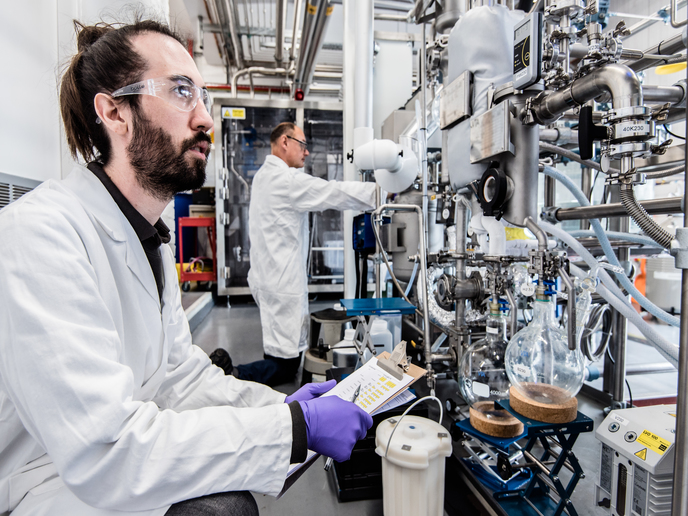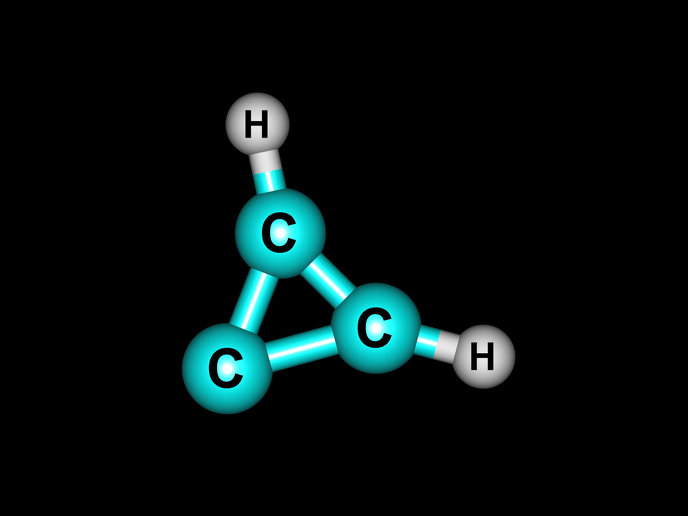Stronger signals from solid surfaces
Solid-state nuclear magnetic resonance (SSNMR) spectroscopy is a powerful tool for studying the structure and dynamics of solid materials. However, its low sensitivity makes signal amplification a requirement for many applications. Dynamic nuclear polarisation (DNP) is an amplification technique that has been successfully applied to biological samples in fluids and, more recently, in model silica materials. DNP surface-enhanced NMR spectroscopy (DNP SENS) has been used to characterise the surface of solids. Materials are impregnated with solutions containing radicals to bring the radicals close to the surface and enable DNP enhancement of the NMR signals. Pioneering work by EU-funded scientists and the DNP SSNMR STUDIES project advanced the current state-of-the-art. This was motivated by the need to improve the analyses of interactions between active sites and analytes. Such technology would help in the development of a new generation of catalysts, separation materials and energy conversion devices. Scientists first addressed the issue of sample formulation. Many of the stable radicals for DNP SENS were developed to be water-soluble given the predominant application to biological samples. The team demonstrated the potential of numerous organic solvent-radical combinations to avoid issues of material hydrophobicity or reactivity in water. Researchers also developed novel chemical agents to minimise damping of the NMR signal by radicals that can negate the enhancement of DNP. Investigators combined a newly designed chemical agent with the previously identified organic solvents for a DNP enhancement up to 100. It enabled rapid acquisition of NMR spectra and comprehensive characterisation of molecular surface species. The team demonstrated its application to the study of several other industrially important classes of materials including metal organic frameworks and pharmaceuticals. The pioneering techniques and formulations developed by project members will foster research in the new commercial DNP instruments currently being installed throughout Europe. Accelerated development of novel materials for environmentally friendly catalysis, energy conversion and purification processes will have important benefits for industry and consumers alike.







